For as long as I can remember I have worshipped horses. One of my earliest memories is of cantering my imaginary horse around a field while my mother had her riding lesson. I was four years old. I have lived and breathed horses my whole life. They are my sanctuary in a sometimes noisy and harsh world.
I had a difficult and abusive childhood and I have felt myself drawn to abused and damaged horses–the ones that no one else would go near or ride. Those horses with a lost look in their eyes. In those eyes, I saw my pain reflected back to me. In reaching them and helping them heal, I could heal myself. I became an expert at bringing such horses back. And yet I never had an instructor or trainer, no matter how famous, that understood me.
Those of us who adore horses are quick to talk about the abuse horses endure at the hand of man. We join groups to save horses from slaughter. We give money to rescue Premerin mares. We donate our time to adoption sites and talk to anyone who will listen about stopping the round up of the Mustangs. Yet there is a group that is overlooked. That group is the ever growing numbers of riders that have been abused, broken and cast off by the very people who said they cared.
I am one of those riders. Once lost, but now finding my way out of what I call “The Abuse of Modern Riding.” How could it have happened to me? Where did I lose myself? How could I listen to those who told me I was nothing? Why did I let others teach me in a way I would never teach another? Most horribly, how could I ever let my horse be trained in a way that I felt was against what I believed as a trainer? The answer is complex and yet simple.
I believe that what someone struggles with in life they bring to the saddle. To address this, you cannot just teach technique and theory. Coaches, Masters and trainers must understand the human condition. Yet how many truly bother with the inner workings of the rider? Success is in a ribbon, the perfect counter canter or a flawless course. Success is not measured in nurturing a rider’s dreams, applauding the tiny successes or guiding them through the rough seas of being human.
I once rode in a clinic given by a famous Master with a very prominent rider from Europe. He was quite a lovely rider, soft and intuitive. Yet over dinner when discussing our teaching methods, he said to me, “I do not want to be a therapist, I just teach riding. If they have troubles, I don’t want to teach them.” I was sad upon hearing this because I knew that most trainers and instructors feel this way. Instructors themselves carry their own baggage into the ring to their students, never realizing the damage they themselves cause. How can you be an effective trainer and instructor and not deal with the human condition? I don’t believe it is possible. It is often said: if you are having a bad day, then don’t ride. Take the day off. What if you are always having a bad day? What if anxiety is your constant companion and the voice in your head tells you that you are never good enough? Do we help with the human state of being or do we make it worse? Where does the commitment lie?

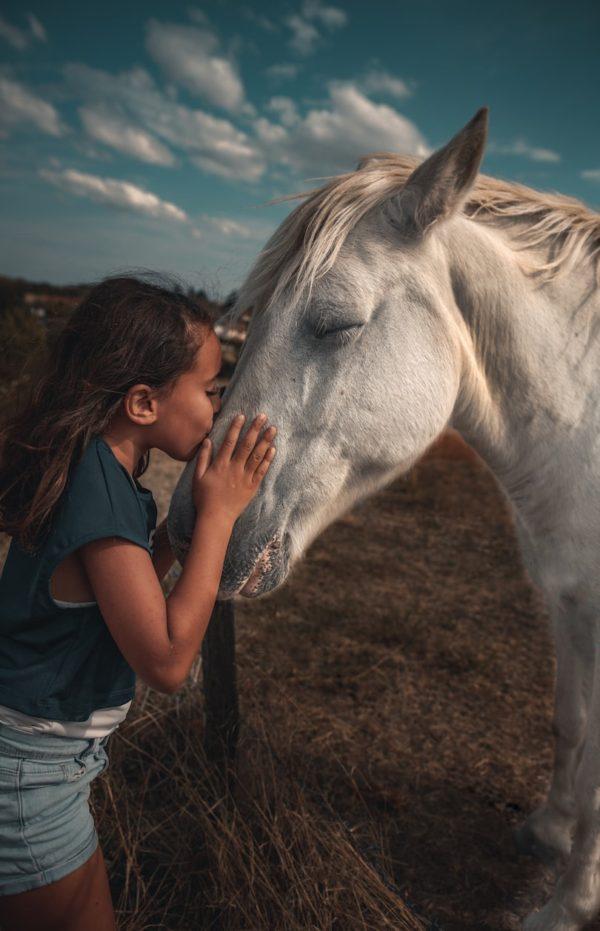
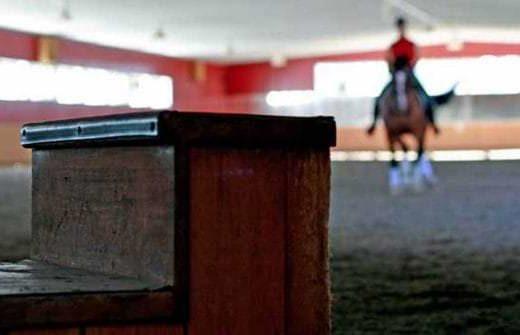
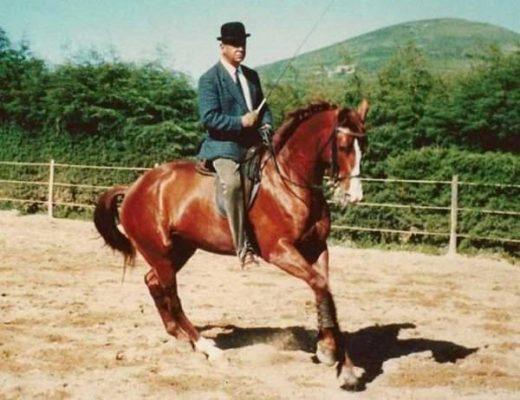
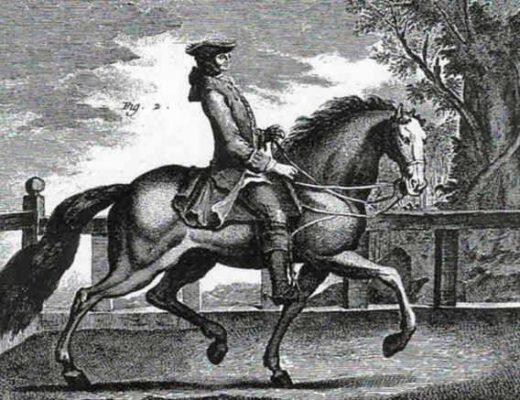
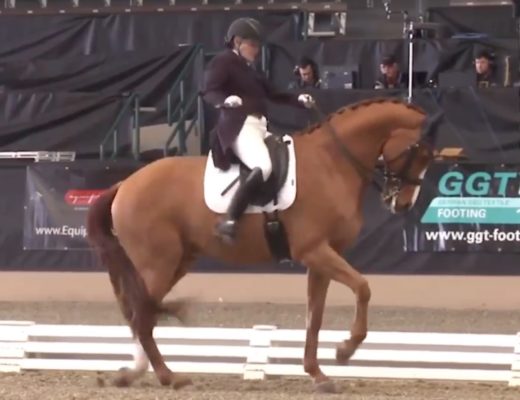
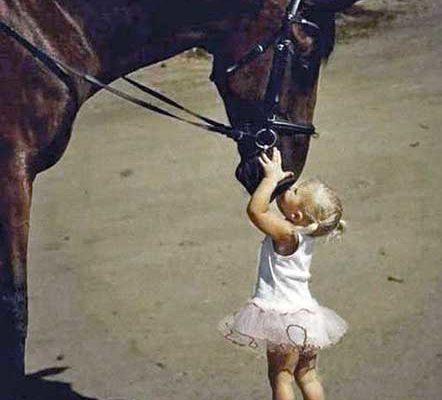
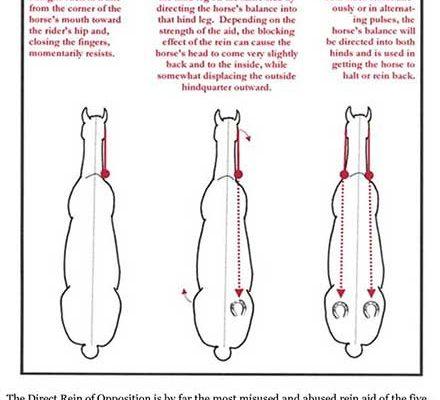
If possible, poetically written words regarding the reality of our own human-ness… great post Susan!
Many excellent points made here Susan – I agree wholeheartedly that there is a large number of equestrian students who fall by the way side because instructors don’t want to deal with the “human condition” so to speak.
Where does it happen that we can relate to horses who need support emotionally and mentally, but yet so easily disregard our fellow humans, because somehow it becomes too much work?
You and I both know the benefits of Life Coaching and having even some idea of the work involved in personal coaching can help a lot from the position of instructing people from many different backgrounds.
“In all people I see myself – none more, and not one a barleycorn less;
And the good or bad I say of myself, I say of them.”
Walt Whitman
Empathy is not pity, it is a very valuable skill to have, and also very humbling. Wonderful post to read!
Wonderful post Susan. I am right there with you. I was a disturbed child healed by interaction with horses, but nearly destroyed by a trainer who had his own baggage,and didn’t want to deal with mine.
A mentor/trainer in any field must reach his pupil where they are. Suffering and alienation will block the student’s ability to receive instruction,and will further complicate the process. Mentors and trainers must understand that it goes deeper than just sitting perfect equitation, or riding a flawless pattern. There must be a true connection where trainer reaches rider, and rider finds harmony in themselves and with their horse.
Thank you Virginia and Erica,
Such wise words from the both of you.